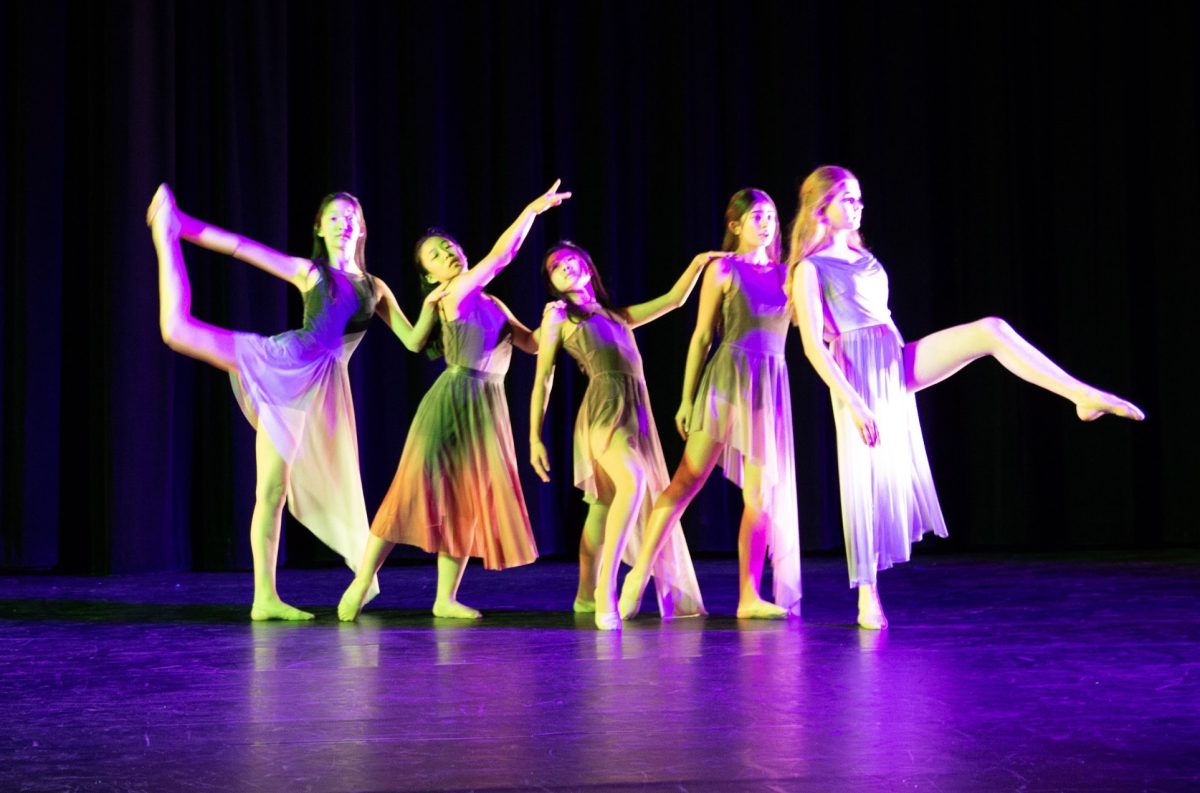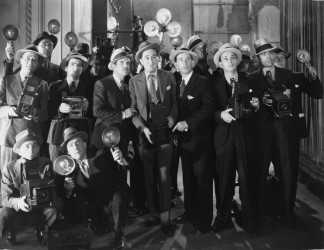“The Favourite,” with its pitch-black humor, stylized cinematography, and aggressively cerebral mood and plot, is both a beauty and challenge to watch. For any other director, this movie would be an offbeat departure, shocking for its weirdness. However, for Yorgos Lanthimos, “The Favourite” is surprising for the opposite reason – it is actually shockingly ordinary by comparison to his previous movies such as “The Lobster” and “The Killing of a Sacred Deer,” which were often filled with emotionless acting and untraditional plotting.
This oddity of the film’s story is deceptively simple as far as period pieces go. Based on the intrigue of Queen Anne’s court, “The Favourite” is about how two women, Sarah Churchill and Abigail Masham, attempt to control the political and societal world of noble life through their influence on the Queen.
In “The Favourite,” power and dishonesty are seen as two sides of the same coin. Initially, the excesses and dishonesty of the powerful are used as a means of control; only later do these behaviors settle into unnecessary and useless behaviors, remaining only because the characters see no reason to dispense with them.
The cinematography portrays the shift in how we as an audience see these characters and their actions. Throughout the film, the camera shots slowly move from below to eye level, a metaphor for the audience’s own shift in viewpoint. At the beginning, we are looking up at this world, not understanding the confusing plotting and power games. Naively, we are led to assume it is above us, a proper world where people make decisions based on carefully considered plans and ideas. However, as layer after layer of the plot is peeled off, we see the court for what it is: a primal world where everything really boils down to fear of failure and a desire for control.
Simultaneously, the cinematography creates separation between us and the characters. By never putting us in the characters’ shoes or showing them in close-up, Lanthimos separates us from his characters, whose interactions are viewed from the perspective of an observer, not a participant.
The acting, like the cinematography, shows the highest caliber of both excellence and intent. This is quite surprising from Lanthimos, as he is known for his practice of forcing all emotion out of characters’ voice, making them recite lines in a monotone. Emma Stone, playing Abigail Masham, shows a range of emotion and character unlike any she has before. Usually known as a somewhat light actress with a positive charisma, here she plays a conniving and vengeful noblewoman in a wonderfully believable way.
Rachel Weisz (Sarah Churchill) and Olivia Colman (Queen Anne), while playing simpler and less complex roles, shine in their portrayals of powerful and hidden individuals, perfectly changing tone with the requirements of their developing characters. In fact, it would be difficult to find a single bad or lackluster performance in this film: the entire ensemble manages to make every character complete in both conception and execution.
For all of this well-planned brilliance from Lanthimos, the film has one fatal flaw. Just as in his previous films, Lanthimos has created a primarily cerebral cinematic experience. As stimulating as that is, it never manages to cross into emotional territory. Developing unsympathetic, conniving and borderline-evil characters while making their problems into darkly comic jokes creates Lanthimos’ desired effect of thought but not of feeling. There is little empathy one can have for purposefully unsympathetic and removed characters, no matter how well-developed they are. Even when major characters are threatened by events that could destroy them, it seems like little more than a dark joke, and when characters are irreparably changed by what goes on around them, it seems like little more than a particularly interesting thought.
Nevertheless, I would like to emphasize that “The Favourite” is a great film. Every frame is purposeful, every action adds to the greater plot and every facet of the film contributes to its central themes. Even if it is lacking in the emotional department, it more than makes up for it with its mood and purpose. This film is certainly worth watching, even if its lack of accessibility due to its unusually unemotional characteristics mean that it would not be “The Favourite” for many viewers.









